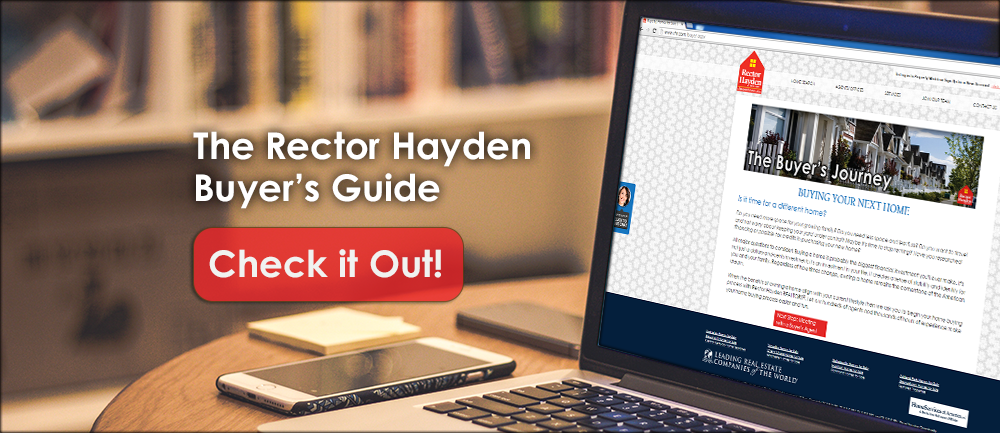The last time you bought a car or an expensive piece of jewelry, you likely insured it. This is because with a large purchase came an inherent risk — and if your valuable property is stolen or damaged, you don’t want to be left empty-handed. The same thing is true of lenders who approve your mortgage loan. Every day, mortgage lenders across the country approve tens of millions of dollars in home loans, and they need to be sure they are protecting that risk. That’s where mortgage insurance comes in.
Why is it needed, and how much will it be?
Lenders often require that borrowers pay mortgage insurance, which protects the lender if the homebuyer becomes unable to pay their monthly mortgage payment. Think back to your own car insurance policies for reference. In mortgage insurance, the borrower pays the insurance premiums, but the lender is the beneficiary. If a borrower defaults on their loan payments, the insurance company will have to pay the lender a pre-determined percentage on the potential loss.
There are two main types of mortgage insurance. The first is mortgage insurance purchased from the government, which backs Federal Housing Administration (FHA) loans. The second is private mortgage insurance, which is designated for conventional loans that are bought from Fannie Mae and Freddie Mac.
(Note: Loans backed by Veterans Affairs (VA loans) do not require any mortgage insurance, but the VA funding fee provides similar coverage against loss).
Mortgage insurance for FHA loans
FHA loans are often called “helper loans,” because the lending standards favor first-time buyers and other homebuyers who may not have a large down payment saved. In fact, FHA loans can be approved with as little as 3.5 percent down at closing.
FHA loans are backed by the government, which then requires that FHA borrowers purchase mortgage insurance. To protect their risk, FHA requires two things. First, borrowers must pay an upfront mortgage insurance premium (MIP) of 1.75% of the total of the loan. This “upfront” MIP can actually be added to the loan amount and financed. Second, FHA borrowers must also pay an annual MIP of .85% throughout the life of the loan.
Private mortgage insurance (PMI) for conventional loans
Conventional loans are not backed by the government, so private lenders may require borrowers to purchase private mortgage insurance if they put less than 20 percent down at closing. Often, conventional buyers will be expected to pay private MIPs until their loan-to-value (LTV) ratio hits 80 percent or lower. The LTV ratio is the amount of money you borrowed divided by the value of the property you purchased. In general, a lower LTV ratio means less risk for the lender because the borrower is much less likely to default on their loan when they have built up sufficient equity to sell.
A mortgage loan officer can walk you through all the expenses you should expect at closing and beyond, so you can determine your true buying power as you enter the market. Click here to get started on the process of getting a home mortgage loan!

















